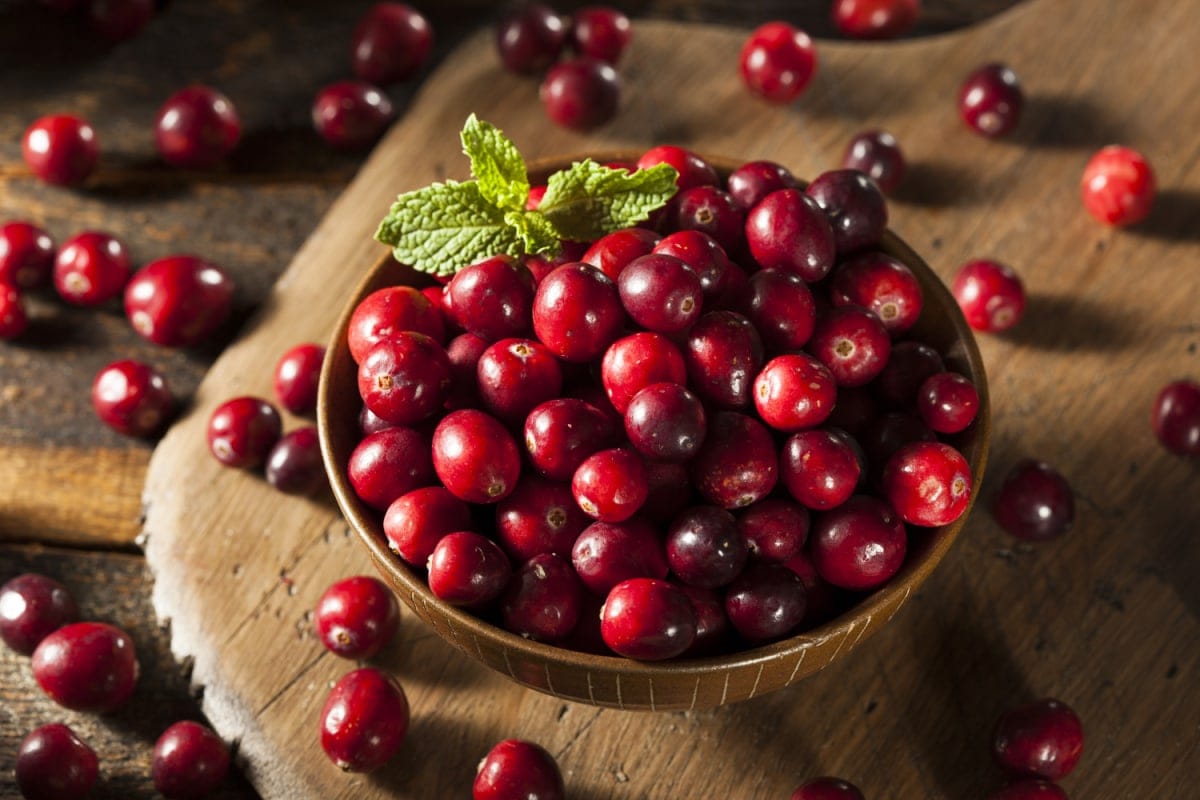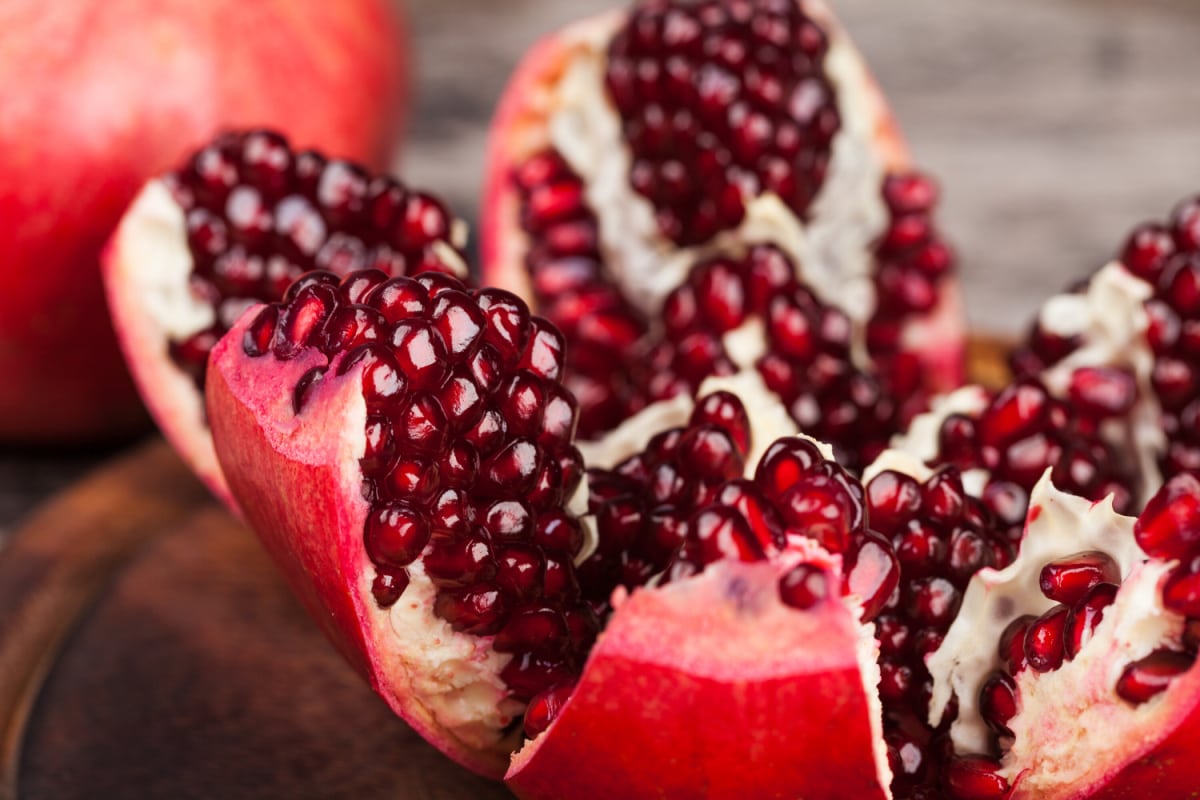Best Fruit for Digestion
Best fruit for digestion:
Do you love fruit? Well, digestion can be aided by several fruits with high fiber content. Eat some of the best fruit for your digestion!
Indigestion is frequently brought on by poor eating habits. As a result, our bodies can severely suffer from digestive and stomach ailments.
Your hearty dinner from last night may have been great, but it seems to be giving your stomach trouble right now.
In addition to irritation, indigestion can cause stomach pain or bloating, vomiting, heartburn, and nausea. There are several things you can do to naturally maintain a healthy digestive tract.
Digestion can be aided by several fruits with high fiber content. Here are some examples of fruits that have been linked to better digestion:
Apricots:
This fuzzy fruit is rich in vitamin C, which is essential for improving healthy skin and immunity.
Additionally, apricots have a high fiber content that keeps bowel regularity, which can avoid constipation and improve the health of the intestines.
Apple:
According to studies, consistently consuming apples can enhance cardiovascular health, help people maintain a healthy weight, and fend off chronic illnesses.
Pectin, a form of soluble prebiotic fiber that feeds beneficial gut bacteria and aids in the production of short-chain lipids, is abundant in this fruit.
These chemicals have an impact on the immune system, gut lining health, hunger, and weight gain. For healthy bowel motions and to avoid diarrhea, pectin is also crucial.
Apples are simple to incorporate into a diet because they go well with practically any sweet or savory item.
Pectin fiber is abundant in apples. Depending on what the body needs, pectin can help with both diarrhea and constipation.
Due to its soluble nature and capacity to attach to toxins or lipids in the body and remove them from the body, pectin aids in better digestion.
Kiwi:
Actinidin, found in green kiwi fruit, may promote improved protein digestion. Aside from having a moderate laxative effect, kiwis are also known to be abundant in fiber.
Two kiwis give 30% of the daily necessary amount of fiber, so they support digestion, and promote colon health.
Cranberries:
Cranberries are a potent anti-inflammatory fruit and high in antioxidants. Additionally, d-mannose, a chemical of interest to scientists, is present in cranberries, which may assist to explain why these berries are effective in treating urinary tract infections.
Additionally, cranberries are a potent prebiotic that promotes the development of good bacteria, which improve the health of the stomach lining, boost the immune system, reduce inflammation, and eliminate harmful bacteria.
Cranberries, on the other hand, are tiny, sour berries that can cause your mouth to sour. Use a healthy sweetener to make them more digestible, or combine them with other best fruit to create a delectable smoothie.
Bananas:
Powerful sources of dietary fiber, vitamin B6, manganese, protein, and potassium, can be found in bananas.
They have a good impact on digestion, weight management, and heart health. They are available in green, red, and yellow and they can be used as a savory side dish, as an addition to desserts.
Because they may be boiled, baked, or fried, green bananas are a fantastic and flexible alternative to potatoes and cereals.
Due to its high fiber content, it promotes regular bowel movements, which speeds up the digestive process.
Additionally, it has “anti-acid properties that guard the stomach against ulcers that develop in the stomach lining and destroys the germs that cause stomach diseases. They are also effective at reducing heartburn.
Peaches:
These fruits help with digestion, maintain the well-being of the body’s immune system and fight inflammation because they are abundant in antioxidants, fiber, and vitamin C.
Peaches are delectable in any form, color, or size. Add them to yogurt, ice cream, fruit salads, smoothies, and other dishes.
Grapefruits:
Grapefruits are tangy, low in calories, delicious, and bursting with vitamins. A grapefruit before or after a meal aids digestion and makes the body feel full. Snack on a few wedges, or use them in a salad or smoothie.
Because it includes polyphenols, which enhance the formation of short-chain lipids, limits the growth of harmful bacteria, and raise the number of bacteria that coexist peacefully with the good bacteria, grapefruit has a beneficial effect on the gut microbiota.
For those who want to avoid the harshness of grapefruit, many people advise removing the membrane. However, try to live with it if you can, because doing so depletes the fruit of many nutrients and most of its fiber.
Guava:
This delicious fruit may be the answer to many of your digestive problems. Guava is one of the highest sources of dietary fiber.
Only one guava provides roughly 15% of your daily recommended consumption of fiber, making it significantly better for your digestive health than other fruits.
Additionally, chewed or swallowed entire guava seeds work well as laxatives, facilitating easier bowel movements.
Mangoes:
Mangoes include enzymes that help break down and absorb protein as well as fiber, which promotes a smoother passage of food and waste through to the digestive tract.
Dietary fiber’s long-term advantages are in reducing the chance of colon cancer, cardiovascular disease, and diabetes.
Pomegranate:
Pomegranates have leathery exteriors that conceal juicy, ruby-red seeds that are the ideal combination of sour and sweet.
It is a wonderful powerhouse of nutrition, and the ancient Egyptian, Greek, and Persian civilizations all celebrated it.
The probiotic microorganisms are supported by the fruit’s high concentration of prebiotic and antioxidant polyphenols.
Even the harmful bacteria that are linked to infections and diseases are fought off by these phytonutrients.
Pomegranates are frequently used in various cuisines around the world and go well with both sweet and savory foods. The seeds can be added as a finishing touch to desserts or salads.
More articles about fruit:
- Best Fruits for Heart Health
- Best Immunity Boosting Fruits
- Zinc Rich Fruits
- Best Fruits for Diabetics
- Dry Fruit Benefits
- Best Fruits for Backpacking
- Fruits to Eat During Pregnancy
- Best Fruit for Eye Health
If you enjoyed this post about the Best Fruit for Digestion and would love to see more, join me on Youtube, Instagram, Facebook & Twitter!
Get discounted copies of my cookbook here.
Fortunately, because of the ads on our website, readers and subscribers of Healthier Steps are sponsoring many underprivileged families.[-:
















